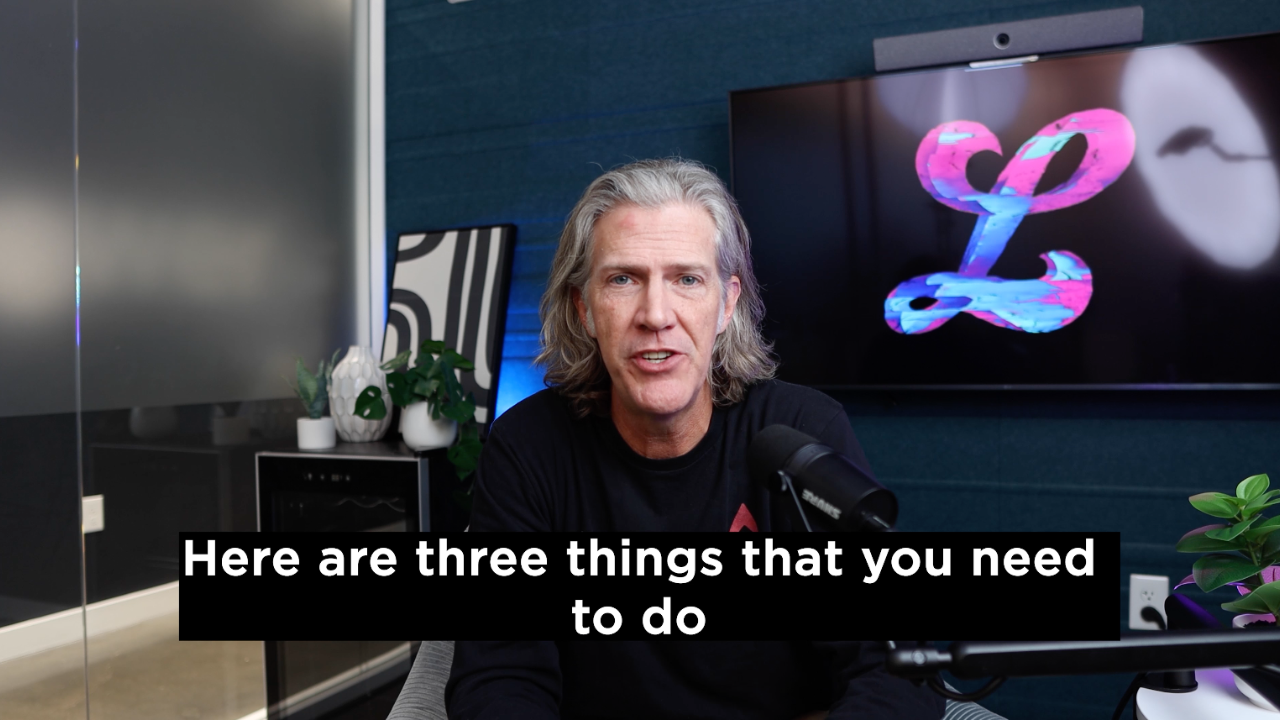What Is a Home Equity Loan?
When you take out a home equity loan, also known as a second mortgage, you cash out some of the equity in your home by borrowing against it. Equity is the amount of your home’s value that you own outright from paying down your home mortgage or due to an increase in your home’s value.
There are two types of equity loans: home equity lines of credit (HELOCs) and fixed-rate loans. Homeowners take out home equity loans for many reasons:
- To make substantial home improvements
- To pay for college
- To consolidate debt
- To handle an emergency
- For long-term investments
A home equity loan, also known as a second mortgage, involves borrowing against some of the equity in your home.
What Is Mortgage Refinancing?
When you refinance your mortgage, the bank or lender pays off your current loan and replaces it with a new one. You can refinance your home and cash in some of its equity with a refinance, but you don’t have to cash in any equity at all.
There are several key reasons mortgage-holders decide to refinance:
- To obtain a lower interest rate
- To shorten the term of their mortgage
- To convert from an adjustable-rate mortgage (ARM) to a fixed-rate mortgage, or vice versa
- To cash in some of the home’s equity
With mortgage refinancing, the bank or lender pays off your current loan and replaces it with a new one.
6 Things to Know About Home Equity Loans and Mortgage Refinancing
Applying for refinancing is similar to applying for a home equity loan, but there are some important things to keep in mind before you move forward.
1. Similarities Between Home Equity Loans and Mortgage Refinancing
There are no restrictions on how you can use the cash from a home equity loan or cash-out refinance.
Both loans leverage the equity in your home.
Lenders calculate the amount of equity you have in your home by determining the difference between your home's value and how much you still owe on your mortgage. This is true for both home equity loans and cash-out mortgage refinancing.
Both loans require you to pledge your home as collateral.
These loans work exactly like your first mortgage in terms of collateral. To put it simply, if you default on your primary mortgage or your equity loan, the lender could foreclose on your home.
Both loans can result in a lump sum payment.
When you take out a fixed-rate home equity loan or a cash-out refinance, the lender will issue you a check or transfer money into your account right away. You won’t have to wait for installments.
Both loans allow you to use the cash for any purpose.
There are no restrictions on how you can use the cash from a home equity loan or home mortgage refinance.
You may be able to deduct the interest on both loans.
You can claim the interest you pay each year on a home equity loan or the interest you paid on your first mortgage under a mortgage refinance as a deduction on your taxes.
2. Differences Between Home Equity Loans and Mortgage Refinancing
If you refinance your mortgage and sell your home, you’ll need to pay off the refinanced mortgage with the proceeds from the sale.
They are fundamentally different loan products.
When you refinance your mortgage, the lender pays off your mortgage and grants you a new one. This is true whether you opt for a cash-out refinance or not.
A home equity loan is an additional loan—you’ll still have your original, “first” mortgage plus an extra “second” mortgage.
Cashing in your equity works differently between the loan types.
When you take out a new mortgage with a cash-out option, you’ll get a new primary mortgage and a lump sum representing a portion of the equity you’ve built up. Your new primary mortgage will include this lump sum.
The cash you receive through a home equity loan is in the form of a secondary mortgage loan. You will have to pay this money back separate from your primary loan.
Interest rates are usually different between the two loans.
Usually, a refinance offers a lower interest rate than either type of home equity loan (HELOC or fixed-rate). This is primarily because of the risk involved. A refinanced loan would be paid first in the case of a bankruptcy or legal judgment against your assets.
The two loans work differently when you sell your home.
If you refinance your mortgage and sell your home, you’ll need to pay off the refinanced mortgage with the proceeds from the sale.
If you’ve taken out a “second mortgage” with a home equity loan, you’ll almost always have to satisfy your primary mortgage plus this additional loan to settle up with the bank. In rare instances, a bank may convert the second mortgage into a different type of loan.
3. Why Homeowners Choose One Over the Other
Homeowners who don’t want to take on a second loan to cash in some of their home’s equity should choose a refinance.
Mortgage Refinance
You might opt for a mortgage refinance if you plan to stay in the home for a least a year. A lower interest rate can save you a great deal of money over the mortgage repayment term.
If you don’t want to take on a second loan to cash in some of your home’s equity, you should choose a refinance.
Home Equity Loan
If you need a substantial amount of money for a specific purchase, a home equity loan may be a good way to go. Remember, a fixed-rate home equity loan works just like your first mortgage. You should consider the monthly payment as part of your monthly mortgage budget.
A HELOC is more like a secured credit card. You can tap into this fund up to a predetermined value of the equity in your home as needed. You’ll pay it back in monthly installments.
Homeowners take out HELOCs for a variety of reasons:
- As a line of emergency credit
- When they aren’t sure how much a home improvement project will cost
- To take advantage of a lower interest rate when they need a personal loan.
4. Home Equity Loan and Mortgage Refinancing Requirements
You’ll need to get a home appraisal to qualify for most refinance and equity loans.
Whether you decide on a home equity loan or refinancing your home mortgage, you’ll need to have a certain amount of equity in your home.
You’ll need to get a home appraisal to qualify for most refinance and equity loans. The appraisal will help the lender determine how much equity you have in your home. For most equity loans and cash-out refinance loans, you’ll need to have a loan-to-value (LTV) ratio of 80% or less. That means you should have at least 20% equity in your home.
Lenders have different limitations on the amount of equity they are willing to lend. Your creditworthiness is often part of how lenders determine this limit. Lenders calculate your LTV to determine how much money you can borrow. Here’s how to make this calculation:
- Determine how much money you’d like to borrow.
- Add this figure to the amount of money you still owe on your mortgage.
- Divide the total by the appraised value of the home.
Depending on the type of refinancing or equity loan, you’ll also need to meet minimum credit score requirements and document a steady income.
5. Pros and Cons of Home Equity Loans
Pros
- Home equity loans are usually easier to qualify for than an unsecured personal loan.
- Home equity loans typically have a lower interest rate than other loan products.
- When you use a home equity loan for home improvement, you may be able to deduct the interest when you file your taxes.
- HELOCs typically offer better rates than most lines of credit.
- You don’t have to use a HELOC, but having it available can bring you peace of mind.
Cons
- A HELOC can get some borrowers into trouble because it’s so easy to access the funds.
- Home equity loans require the property to be used as collateral.
- You have to pay back a home equity loan when you sell your home, which can be a problem if you have to sell unexpectedly. You won’t have much equity left to cover the difference between what you owe and how much you get from the sale.
- You don’t have to borrow the maximum amount of equity in your home allowed by the lender. However, you will need to pay off your home equity loan to take out more cash against the home’s equity.
6. Pros and Cons of Mortgage Refinancing Loans
Pros
- You can deduct state and local real estate taxes, mortgage interest and any points you pay when you refinance.
- Refinancing your loan without a cash-out option can lower your monthly payment and the total cost of your home.
- You can refinance a loan in one spouse’s name as part of a divorce settlement.
- You can drop expensive mortgage insurance premiums through a refinance.
Cons
- If you opt to restart your loan with a 30-year mortgage, you can wind up paying more in the long run, even if you get a lower interest rate.
- If you opt for a cash-out refinance and sell your home within a short timeframe, you won’t have much equity at the time of the sale. You could even lose equity and have to pay more than what you receive from the buyer.
- You can refinance your mortgage and reduce the number of years for repayment, which can lower your home's overall cost, but raise your monthly payment.
How to Get a Home Equity Loan or Mortgage Refinance
Once you’ve chosen between a home equity loan or a mortgage refinance, it’s time to get the ball rolling.
First Steps for Getting a Home Equity Loan
Here are some of the first things you should do when you’re ready to apply for a home equity loan.
- Estimate your LTV—you can enter your address on many websites that calculate an estimated value for properties.
- Check your credit reports for errors or problem areas.
- Locate your past tax returns from the previous few years.
- Determine how much money you’d like to borrow.
- Decide between a HELOC and a fixed-rate home equity loan (“second mortgage”).
- Compare interest rates and loan programs across different lenders.
First Steps for Getting a Mortgage Refinance
When you apply for a mortgage refinance, here are some of the first things you should do:
- Check your credit reports for errors or problem areas.
- Locate your past tax returns from the previous few years.
- Decide if you’d like a cash-out refinance or not.
- If you do need cash from the refinance, estimate your LTV—you can enter your address on many websites that calculate an estimated value for properties.
- Figure out how much equity you’d like to borrow against.
- Decide if you want to restart your mortgage, shorten the repayment period, or keep to the same schedule you’ve been following.
- Compare interest rates and loan programs across different lenders.
Apply for Your Mortgage Refinance with Confidence
Taking out any of these loans will affect the way you handle paying your mortgage going forward. Depending on which choice you make, your monthly payment can go up or down, or the length of your loan could change.
Be sure to reach out to a financial professional you trust if you need help choosing between using your home’s equity or refinancing your loan to better terms.
Still looking for the right rate? We're here to help.

















.svg)

.svg)
















